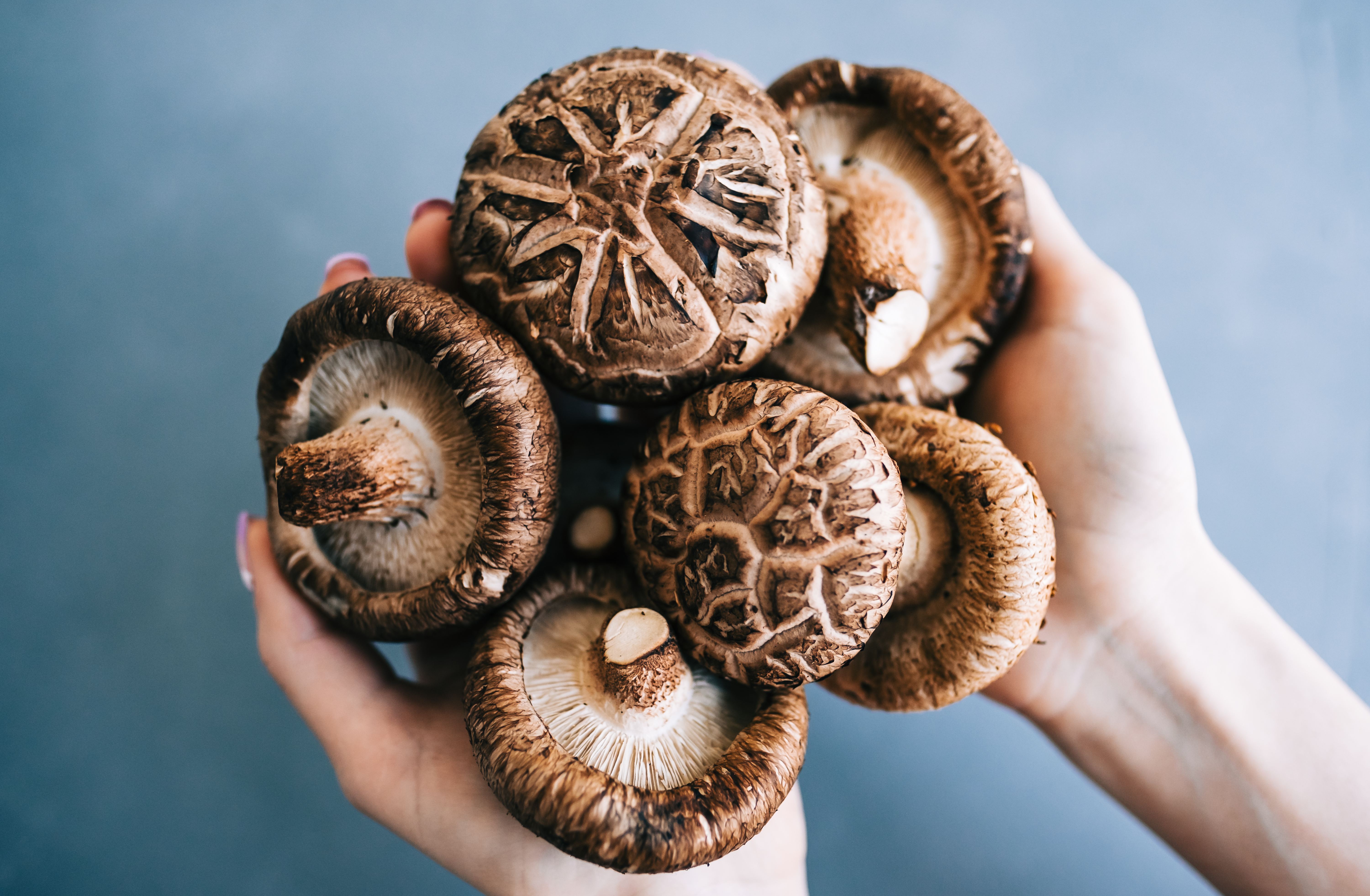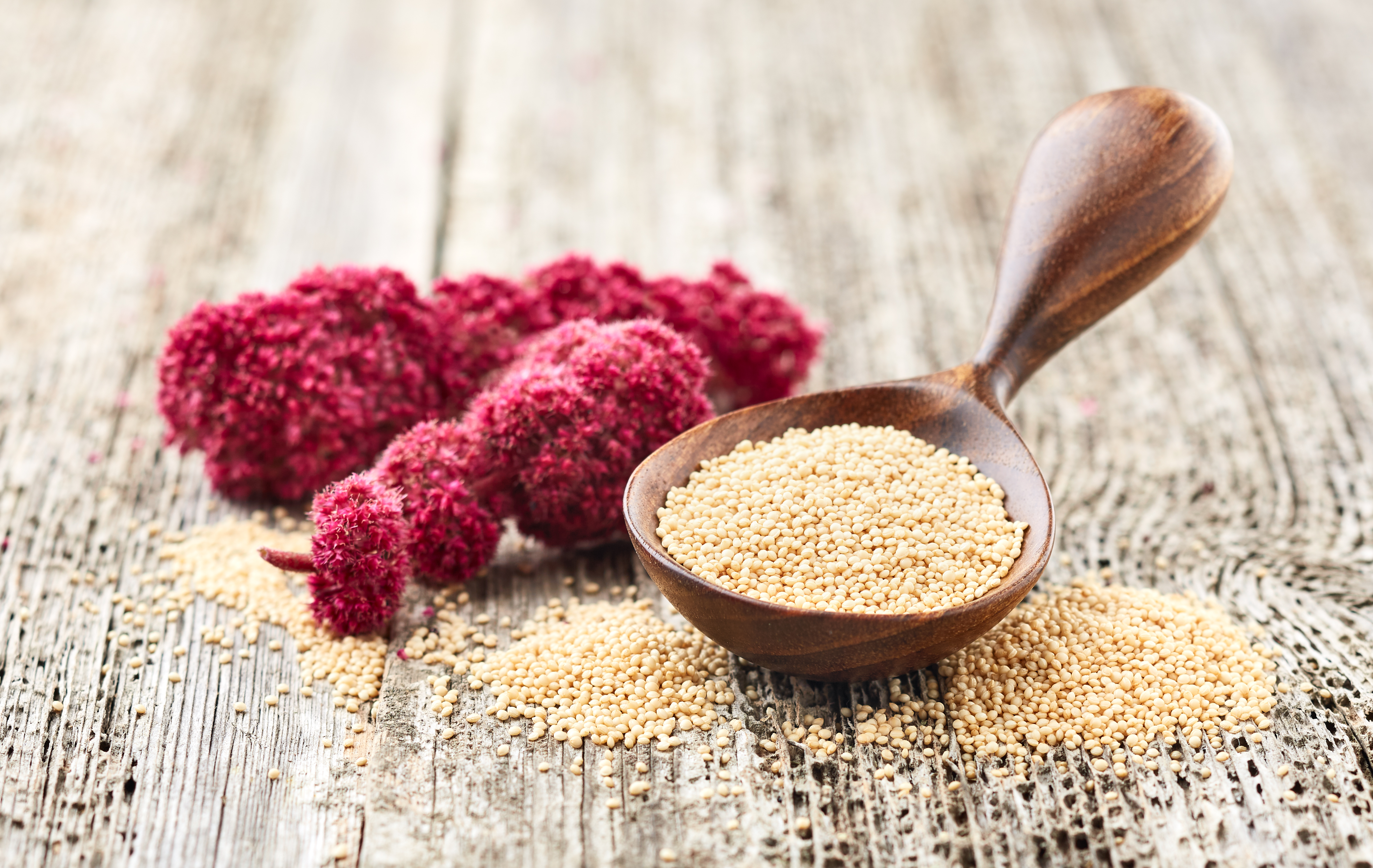Winter Superfoods That Fight Inflammation Naturally
21. Shiitake Mushrooms – Fungi with Immune-Boosting Power

Shiitake mushrooms are a nutrient-dense superfood that have been revered for centuries in Asian medicine for their powerful immune-boosting and anti-inflammatory properties. These mushrooms contain lentinan, a type of beta-glucan that enhances immune system function and helps regulate inflammatory pathways in the body. Shiitake mushrooms are also rich in ergothioneine, an antioxidant that protects cells from oxidative stress and may help reduce inflammation in the brain and cardiovascular system. Beyond their immune-boosting potential, shiitake mushrooms are a great source of B vitamins, copper, selenium, and zinc, which help maintain energy levels, support nerve function, and promote wound healing. Their natural umami flavor makes them a delicious addition to a variety of dishes, from stir-fries to soups. To maximize the benefits of shiitake mushrooms, try sautéing them with garlic and olive oil, adding them to miso soup, or roasting them with herbs. Since shiitake mushrooms contain bioactive compounds that support gut health, heart function, and overall longevity, incorporating them into your winter meals can be a flavorful way to keep inflammation in check while nourishing your body.
22. Amaranth – The Ancient Grain Packed with Antioxidants

Amaranth, a tiny but powerful ancient grain, has been cultivated for thousands of years and is revered for its impressive nutritional profile. Unlike traditional grains, amaranth is naturally gluten-free and boasts a remarkable concentration of quercetin, an antioxidant known for its potent anti-inflammatory properties. Quercetin helps combat oxidative stress, reducing the risk of chronic diseases like heart disease and diabetes. Additionally, amaranth is an excellent source of plant-based protein, making it a fantastic option for those looking to increase their protein intake while maintaining an anti-inflammatory diet. Amaranth is incredibly versatile in the kitchen: cook it into a creamy porridge, add it to soups for extra texture, or mix it with other grains like quinoa or brown rice for a nutrient-dense side dish. Whether you use it as a warm breakfast bowl or a hearty addition to winter stews, amaranth is a powerhouse ingredient that nourishes your body from the inside out.
